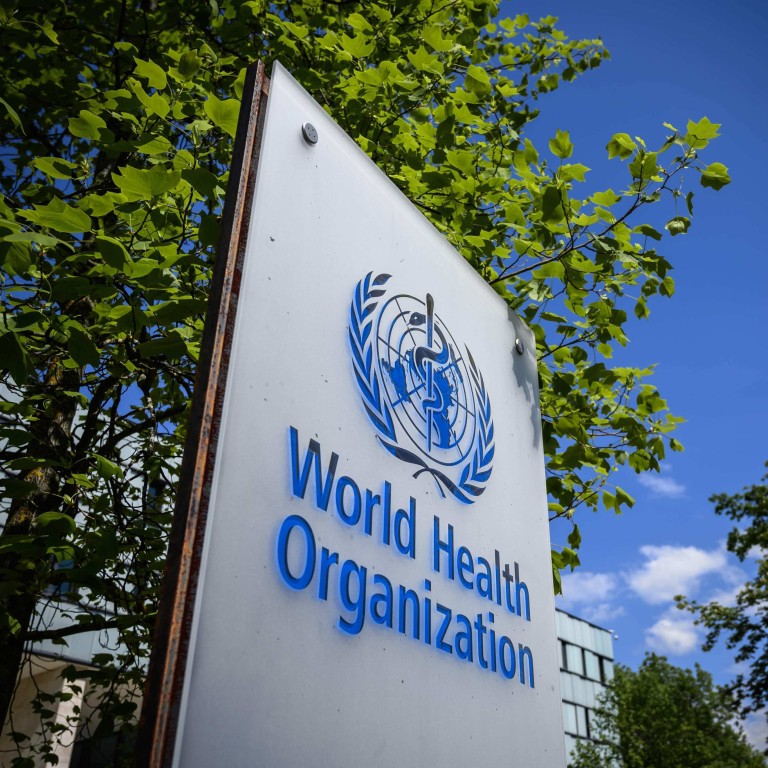
Coronavirus: WHO advisory group says booster shots ‘risk exacerbating vaccine inequities’
- After reviewing data on how well vaccines are working over time, experts say priority should be distributing shots to countries with limited access to primary doses
- But the group is monitoring early studies to assess how protective vaccines are against the new Omicron variant and whether additional doses may be needed
The group looked at recent data showing a decline in vaccine effectiveness against infection and disease, particularly in older adults. But they determined that WHO-approved vaccines for the most part continue to provide robust protection against severe forms of Covid-19 for at least six months. They said boosters should not be prioritised over distributing shots to countries with limited access to primary doses.
“In the context of ongoing global supply constraints, broad-based administration of booster doses risks exacerbating inequities in vaccine access,” Sage chair Alejandro Cravioto said during a media briefing on Thursday.
“The vast majority of current infections are … in unvaccinated people, who we believe should be vaccinated instead of giving further doses to those that have already received [a full primary course].”
Health authorities in countries rolling out boosters have made urgent calls for people to take the shots, following a handful of preliminary studies this week indicating a reduction in some vaccine protection against Omicron compared to previous strains.
WHO vaccines chief Kate O’Brien said Sage was monitoring early studies – which were largely released after their Tuesday meeting – but there was not enough information to consider policy recommendations.
“What we are really looking for are the clinical data – the performance of the vaccine in people against clinical disease or infection,” she said, adding that the existing studies, based on laboratory data, could not be directly correlated with these outcomes.
‘Silent spreaders’: why some coronavirus carriers are asymptomatic
Sage would meet for an emergency session when enough evidence was available to weigh in on policy, and other WHO groups would be looking at whether to recommend changes in the composition of the vaccine to cope with the variant, she said.
“For Omicron, one of the strategies may be that additional doses have benefit to provide added protection … [but it’s] very early days and we will follow the data and provide recommendations based on what the evidence looks like,” she said.
They and other vaccine makers have said they are building products tailored to the variant in case current vaccines are heavily impacted.
However, experts and vaccine makers are hopeful that the existing vaccines could still protect against severe disease as they await real-world data to confirm this.
Any reduction in the ability to protect against severe disease or death is likely to guide Sage in its advice on boosters amid global vaccine supply shortages.
The group on Tuesday also said it was best to take two of the same vaccine for a primary course of a two-shot vaccine, but they supported countries to be flexible on this depending on their supplies.
A global pledge to ‘not disrupt international traffic’ in a pandemic lies broken
Global vaccination rates are still far below the WHO’s goal for every country to have at least 40 percent of its population immunised by the year’s end. More than 100 countries still have not reached that level, the health body said earlier this week.
During the Sage briefing, O’Brien said there was a possibility that the global response to Omicron could exacerbate supply issues and see “high-income countries hoarding vaccine” in the coming year, depending on what forthcoming data show.
That could have disastrous effects, including opening the door for more variants to emerge, she said. “We have to have a much more rational, global perspective from countries about what is actually going to shut down this pandemic.”

